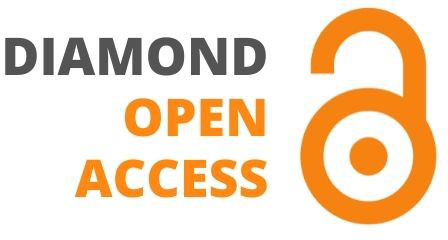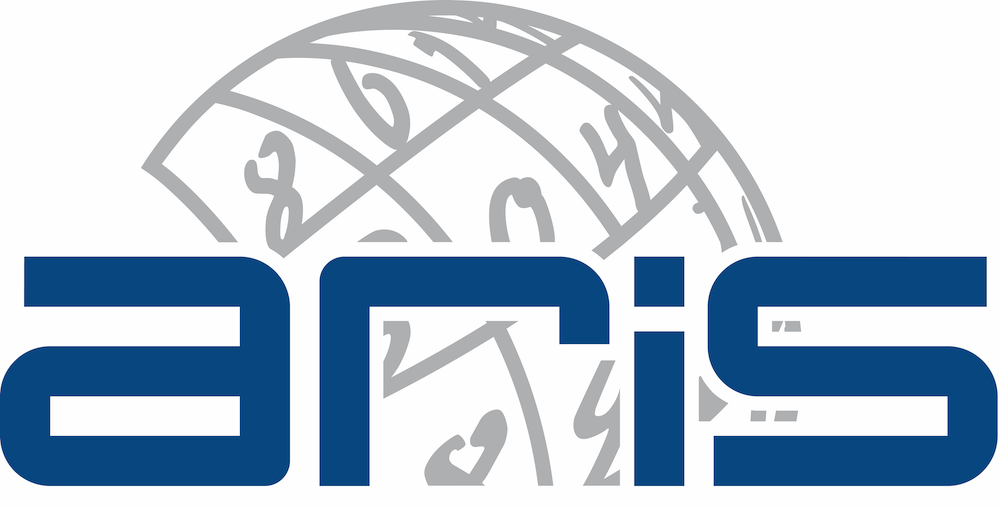Journal of Information Technology in Construction
ITcon Vol. 27, pg. 845-863, http://www.itcon.org/2022/41
Cyber attack risks to construction data management in the fourth industrial revolution era: a case of Gauteng province, South Africa
| DOI: | 10.36680/j.itcon.2022.041 | |
| submitted: | July 2021 | |
| revised: | June 2022 | |
| published: | October 2022 | |
| editor(s): | Obonyo E | |
| authors: | Ornella Tanga, Ms,
cidb Centre for Excellence, Faculty of Engineering and the Built Environment, University of Johannesburg, South Africa; tambweorny@gmail.com Opeoluwa Akinradewo, Mr, cidb Centre for Excellence, Faculty of Engineering and the Built Environment, University of Johannesburg, South Africa; opeakinradewo@gmail.com Clinton Aigbavboa, Prof, cidb Centre for Excellence, Faculty of Engineering and the Built Environment, University of Johannesburg, South Africa; caigbavboa@uj.ac.za Didibhuku Thwala, Prof, University of South Africa (UNISA), College of Engineering, Science and Technology, Department of Civil Engineering Email: Thwaladw@unisa.ac.za | |
| summary: | The 4IR or the digital revolution refers to a collective term for a value chain organizational concepts and technologies that together build the Internet of Things, Internet of people, Cyber-Physical Systems (CPS), Internet of Services and the Internet of Energy. While this digital revolution has helped the construction industry to prevent cost and time overruns and enable efficiency and good work’s quality, it also has disadvantages and risks such as cyberattacks and loss of jobs. This study set out to determine the risks associated with data management (cyberattacks) on construction projects in the fourth industrial revolution era. The research study will address the questions of “what are the cyberattacks risk attributed to construction data management in the fourth revolution era?” and “What are the differences in the opinion of respondents concerning the identified cyberattacks?”. This research work used a quantitative method and gathered information from different construction professionals in the South African construction industry precisely in Gauteng province via a well-structured questionnaire through online platforms. These professionals involve quantity surveyors, architects, civil, mechanical, and electrical engineers practising under a firm, company, organisation, or institution within the Gauteng province, South Africa. Findings revealed that viruses, hacking, and password cracking are the most frequent risk to data management encountered in the construction industry. It was also indicated that construction project stakeholders need a strong knowledge of how attackers operate to address, avoid, and stop the different risks rising when executing a project. The study contributes to the body of knowledge by highlighting the various risks encountered in managing data in the construction industry which will assist professionals in the industry to pay attention to means of mitigating the identified risks. This will keep stakeholders abreast of how simple negligence from their side can deeply affect the project data thereby affecting project delivery. It was concluded based on findings that construction professionals need to avoid the occurrence of these risks to enhance satisfactory project delivery and protect their project information. The study recommended that all construction project parties require full training sessions on risks to data to prevent any types of intrusion into the company’s information system. | |
| keywords: | construction industry, data risks, data management, fourth industrial revolution | |
| full text: | (PDF file, 0.401 MB) | |
| citation: | Tanga O, Akinradewo O, Aigbavboa C, Thwala D (2022). Cyber attack risks to construction data management in the fourth industrial revolution era: a case of Gauteng province, South Africa. Journal of Information Technology in Construction (ITcon), 27, 845-863. https://doi.org/10.36680/j.itcon.2022.041 | |
| statistics: |





